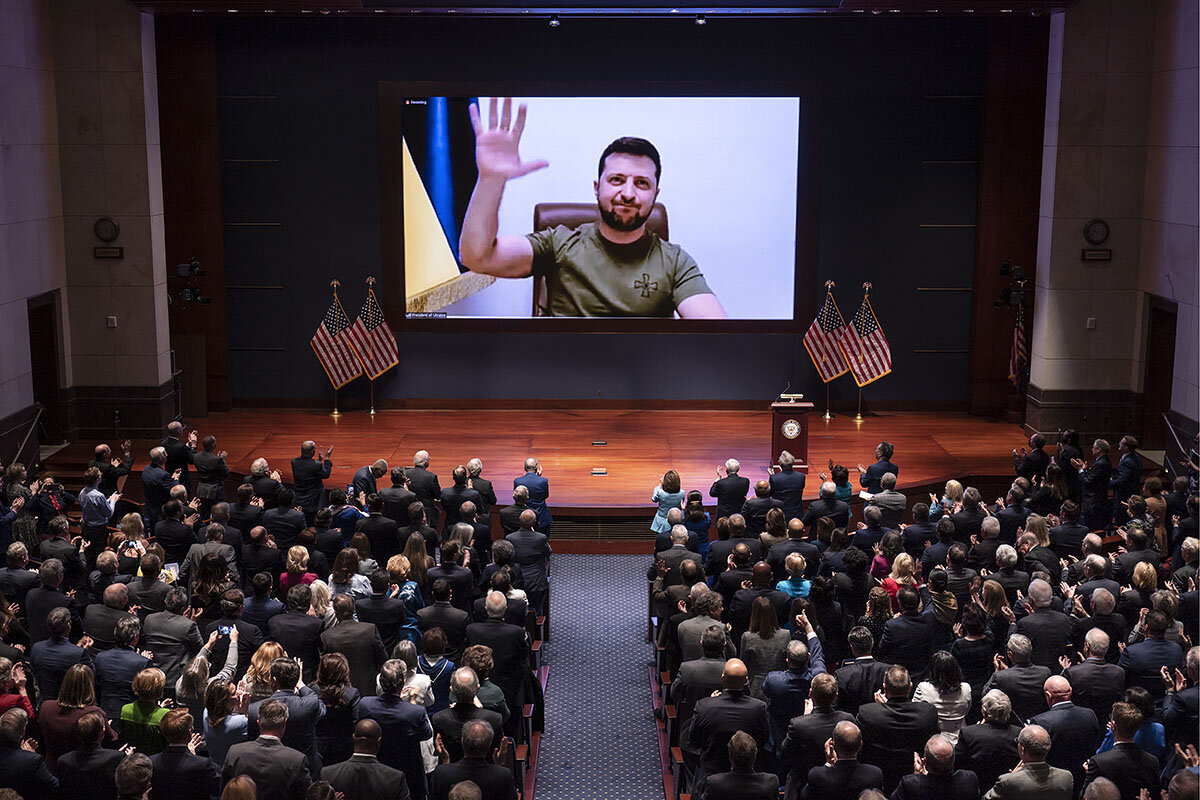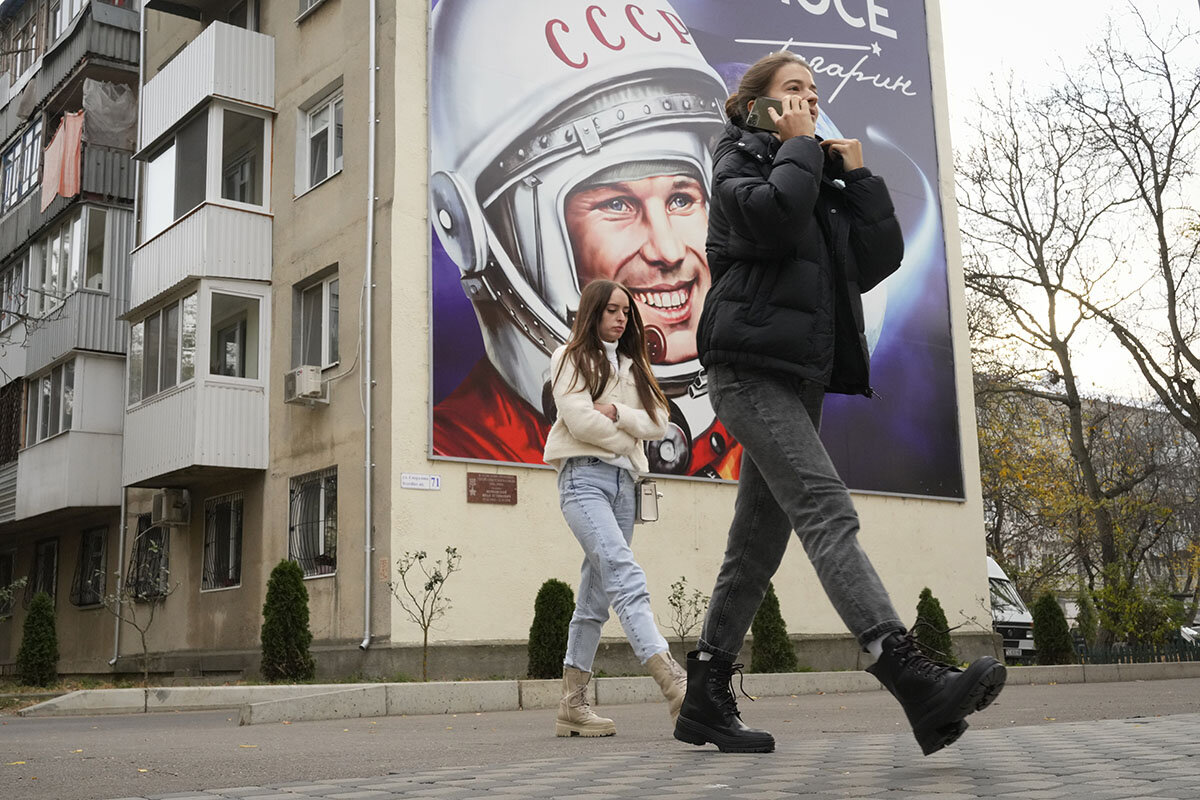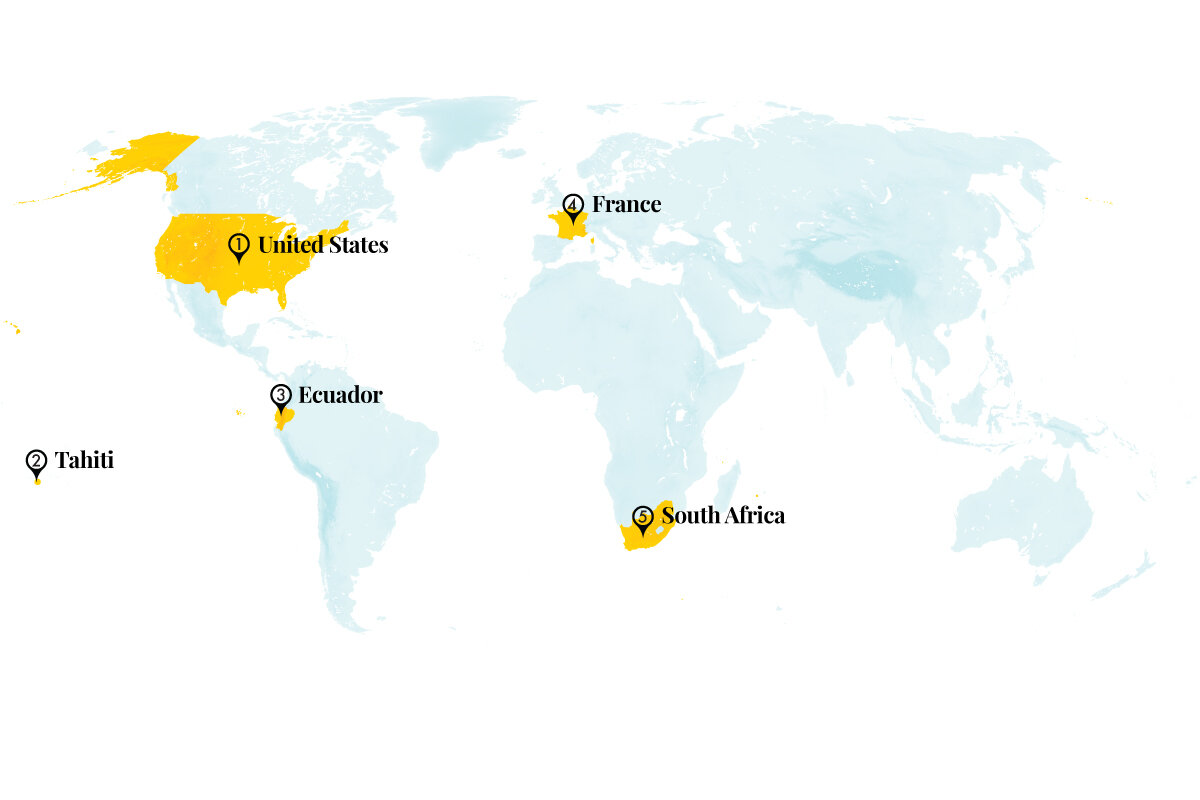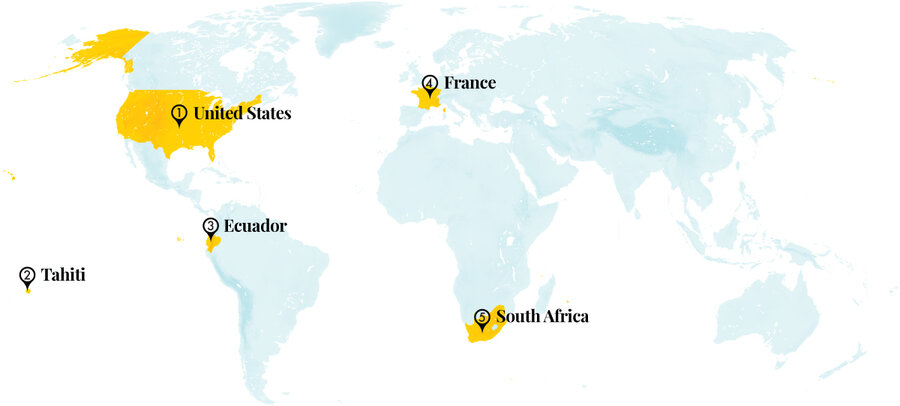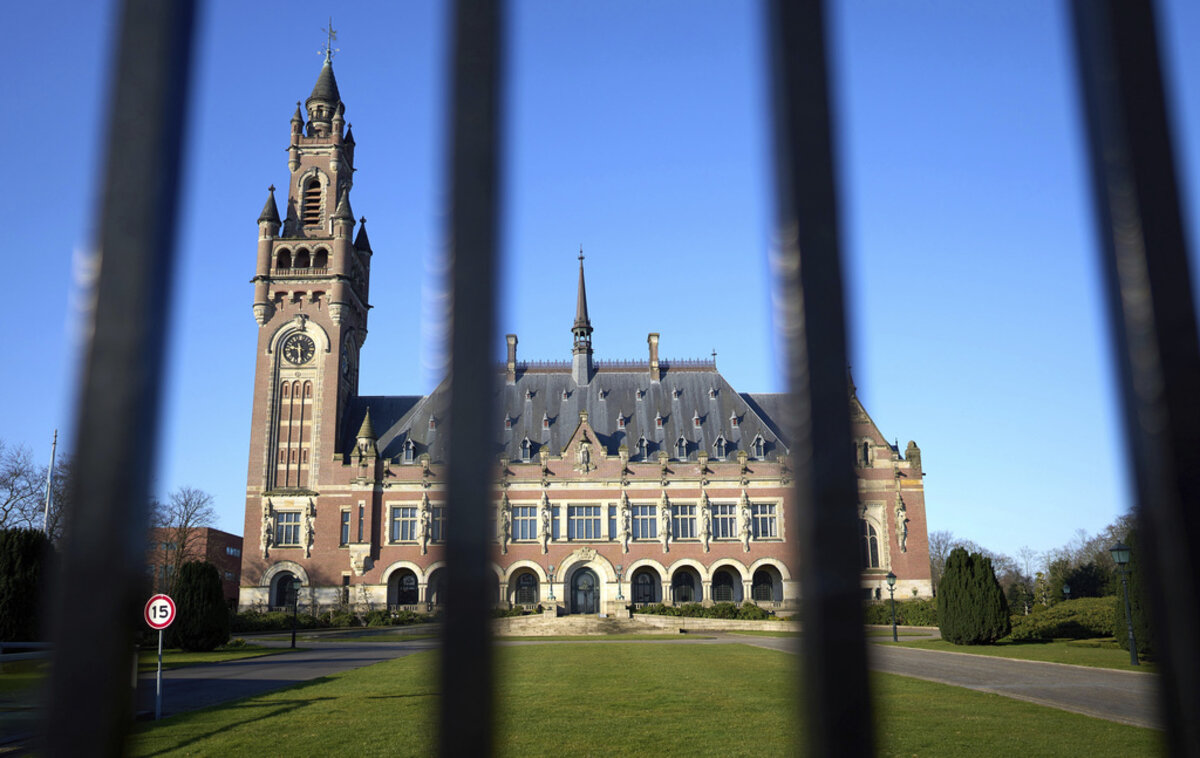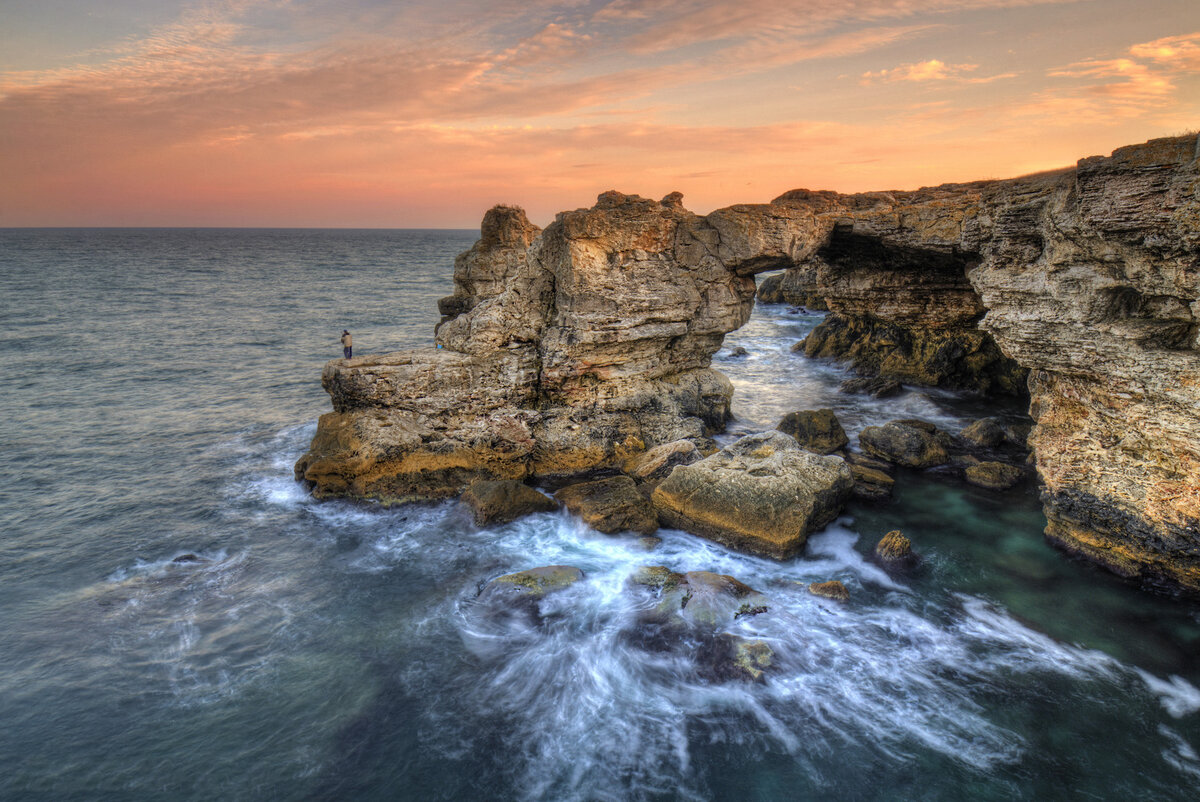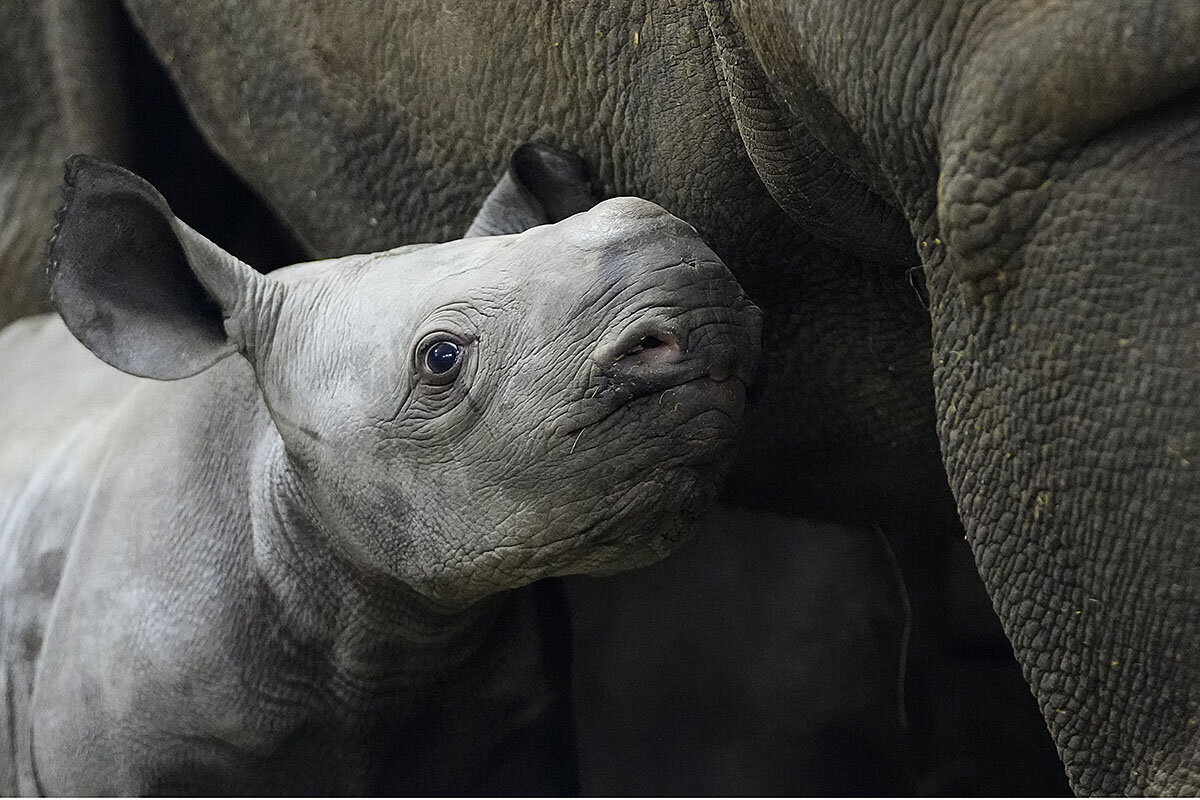Our reporter looks at the Biden administration’s leadership on Ukraine, specifically the coalition building and developing a unified global front in opposing Russia’s invasion.
Monitor Daily Podcast
- Follow us:
- Apple Podcasts
- Spotify
- RSS Feed
- Download
 David Clark Scott
David Clark Scott
Eight-year-old Lucy Gallagher sums up how many Americans feel about the Russian invasion of Ukraine: “It makes me feel sad. I want to do something.”
This past Sunday, Lucy joined her grandfather and more than two dozen other volunteers at a Pembroke, Massachusetts, warehouse preparing meals for Ukrainian refugees. Lucy is part of what Matthew Martin calls a rising “tsunami of compassion” for Ukraine.
Mr. Martin runs the nonprofit group End Hunger New England. His organization has donated 6 million meals to 400 local food pantries in the past two years. But like many charitable groups, EndHungerNE is pivoting to help Ukrainians.
“Everyone has been asking me, can we get meals to Ukraine?” he says, as volunteers around us precisely fill small plastic bags with soy powder, pasta, and other dry ingredients. The goal: 1 million meals for Ukrainians by May. As the initial $53,000 in donations rolled in, this past weekend Mr. Martin sent out a call for volunteers. The last time he saw this kind of community outpouring was after the 2010 earthquake in Haiti.
“It’s frustrating to sit on the sidelines watching what’s happening in Ukraine. We want to help,” says Catherine Briere of Duxbury, Massachusetts, as she seals plastic meal bags. Joined by her husband and two teenagers, she says it’s the first time they’ve supported a cause as a family.
But how will these meals get to Ukraine? A Boston-based shipping company, BOC International, has been swept up in the compassion wave. It’s handling all the logistics. No charge.
“It’s amazing what they’re doing at a low cost and to great effect,” says Patrick Fay, president of BOC. “My mind’s been spinning all weekend. I want to keep this relationship going.”
Nearly 160 people have signed up to prepare meals next Sunday. Nancy Mathieu of Duxbury looks around at the other bustling volunteers and observes with a smile, “Helping can be contagious.”




